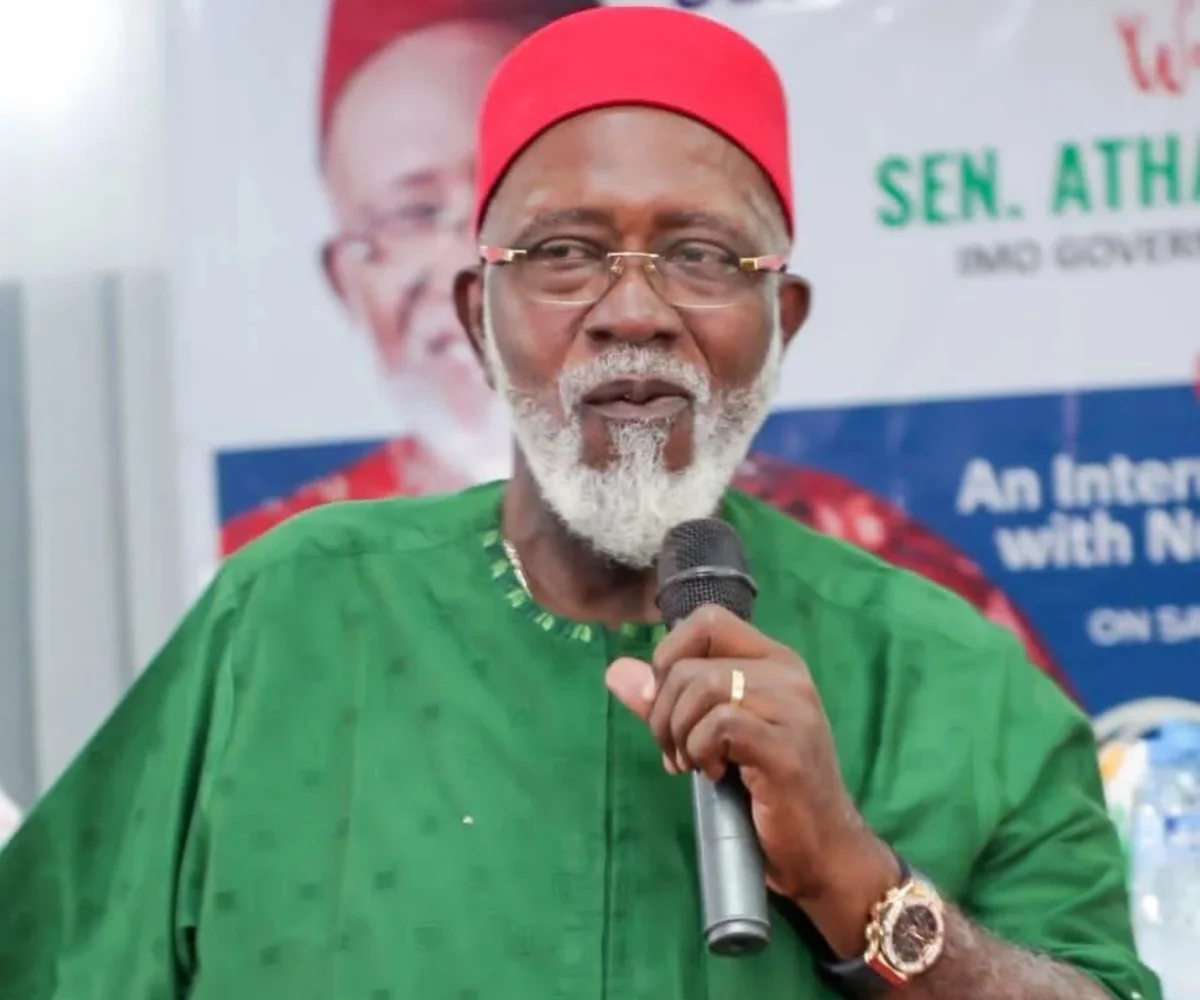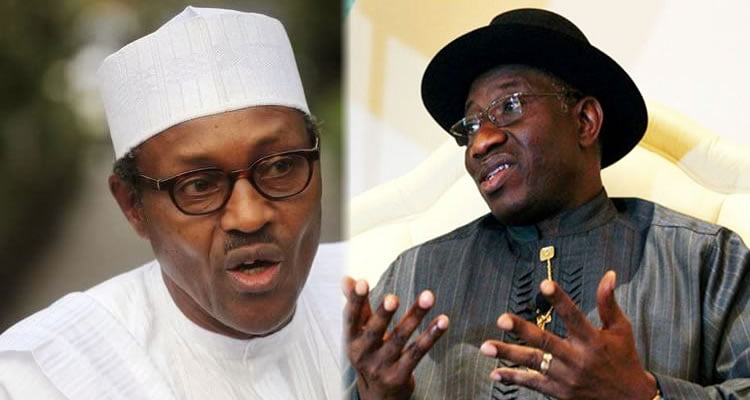A Federal High Court in Abuja on Friday struck out a suit challenging the appointment of 12 judges for the High Court of the Federal Capital Territory, FCT.
Justice Inyang Ekwo, in a judgement on Friday, held that the plaintiff, Azubuike Oko, who claimed to be a lawyer from Ebonyi, lacked the legal right to institute the matter.
Justice Ekwo also affirmed the objection raised by Akinlolu Kehinde, counsel for the Chief Justice of Nigeria, Justice Olukayode Ariwoola; the National Judicial Council; and the Chief Judge of the FCT High Court, Hussein Baba-Yusuf.
The News Agency of Nigeria, NAN, reported that Oko had, in the suit marked FHC/ABJ/CS/205/2024, challenged the non-inclusion of lawyers from his state among the newly appointed judges of the High Court of the FCT.
According to him, Ebonyi had been routinely excluded and marginalised with respect to the appointment of judges of the court by Baba-Yusuf, NJC and the Federal Judicial Service Commission, FJSC.
Oko claimed that it was the FCT chief judge who computed the names of qualified lawyers from selected states, which he sent to the FJSC for recommendation to NJC for appointment by the President of Nigeria as judges of the court.
He said the states from which the new appointment was made are Bauchi, Bayelsa, Enugu, Imo, Kogi, Kwara, Lagos, Oyo, Plateau, Rivers, Taraba, and Zamfara.
He alleged that currently, Oyo and Kogi “already had two serving judges in the FCT High Court, and the two states were given additional slots to now have three judges, despite the fact that Ebonyi State has no single serving judge in the High Court of the FCT.”
Justice Ekwo, in the judgement on Friday, held that the plaintiff was not saying that he had personal injury caused by the CJN, NJC and the Chief Judge of the FCT or any other defendant in the case for which he sought remedy.
He said: “The plaintiff only claimed that he is from Ebonyi, which had been routinely excluded and marginalised with respect to the appointment of judges of the High Court of FCT by the 1st, 2nd and 3rd defendants (the CJN, NJC and the Federal Judicial Service Commission (FJSC)).
“What the plaintiff needed to establish to demonstrate his locus standi is how the appointment being considered by the defendants has affected him as a person.
“This, he would have done, by showing that he applied to be considered by the defendants for appointment but he was ‘routinely excluded and marginalised.
“On the other hand, he would have established that he is acting for any person or persons from Ebonyi State who are qualified to be appointed and who have indeed applied to be considered for the said appointment but had been ‘routinely marginalised.’
“In other words, there is no averment that the plaintiff ever applied to be considered for the appointment in issue. Without this, I find that that plaintiff has failed to establish his locus standi to initiate this action.”
The judge equally faulted Oko’s attempt to rely on his being from Ebonyi to establish his locus standi to institute the suit.
Court throws out suit opposing appointment of 12 judges for FCT High Court

![Traders locked out as court orders Ogbomoso market shut [PHOTOS] Traders locked out as court orders Ogbomoso market shut [PHOTOS]](https://nigerdeltanews.ng/wp-content/uploads/2024/09/WhatsApp-Image-2024-09-13-at-3.35.21-PM-1-768x432-1.jpeg)

